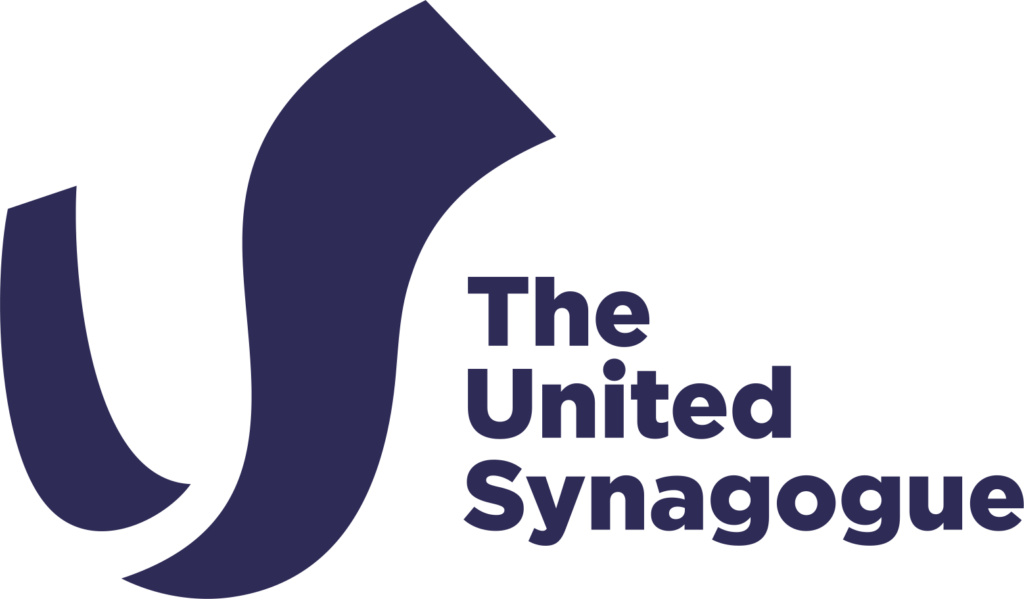By Rebbetzen Jodie Herszaft, Hampstead Garden Suburb Synagogue
The verse beginning Shema Yisrael is perhaps the most famous of all Jewish statements. It is a declaration of our faith and a pledge of allegiance to the one, true God. It seems almost to be the ‘national anthem’ of the Jewish people; its recitation twice-daily and at other significant times has united generations of Jews throughout centuries.
Delving a little deeper into the Shema can shine a light on one of the central themes of Rosh Hashanah. The Rishonim, our medieval rabbinic scholars, played a crucial role in furthering our understanding of both the concepts and the practise of Jewish law. One example of this is in the contrasting perspectives between Rashi (1040-1105) and Rambam (1135-1204) as to how to understand the first verse of the Shema.
Rashi takes a universalist position. He explains that reciting the Shema, in addition to declaring our faith, asserts that the entire world will come to recognise God as the only deity. Contrastingly, the Rambam takes a more particularistic approach, that Shema Yisrael is the Jewish people’s reminder to themselves, rather than to others, to internalise and acknowledge that God is the only deity. Can both explanations complement each other?
Rabbi Yosef Dov Soloveitchik (1903- 1993), the rabbinic head of Yeshiva University in New York, understood the approaches of Rashi and Rambam as very much complementary and connected. Rabbi Soloveitchik explained that the Shema we recite at night-time follows the understanding of the Rambam whilst the Shema recited in the morning reflects the position of Rashi. The Jewish day begins at night. At that point, we focus on internalising our belief that God is the only deity. Once we have accomplished this, we are then ready, as represented by the Shema we recite in the morning, to focus on God being accepted by the whole world. Both approaches are therefore a necessary two-part system of our faith. The messages they teach are of central importance in Judaism and underpin why the Shema is a form of ‘national anthem’ for us.
These two approaches are of great significance on Rosh Hashanah, the time of year when, in our prayers, we strongly affirm God’s sovereignty. In parallel to Rabbi Soloveitchik’s idea, on Rosh Hashanah we express our belief that God is our King (following the view of the Rambam) and focus accordingly on our personal mission of how to become a better Jew. As the prayers progress, we then express our wider hopes and vision, to positively impact the world and others around us, reflecting the view of Rashi.
When individuals spend a gap year in Israel, much personal reflection and growth takes place, fitting in with the Rambam’s approach. Tribe Israel’s programmes and Shabbatonim aim to provide opportunities for individuals to achieve this. We also encourage students to think about getting involved in giving to others should they return to the UK, through becoming leaders on summer camps, youth directors, cheder teachers, volunteers in chesed programmes and more, also contributing positively to the wider society around them, in the footsteps of Rashi’s approach.

